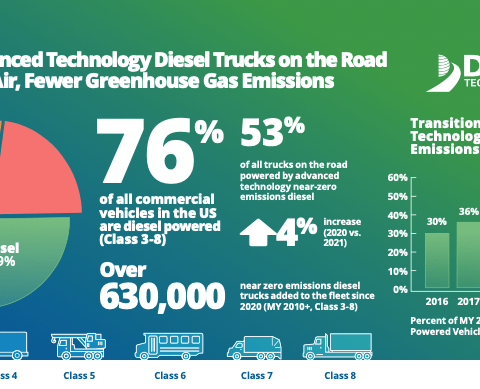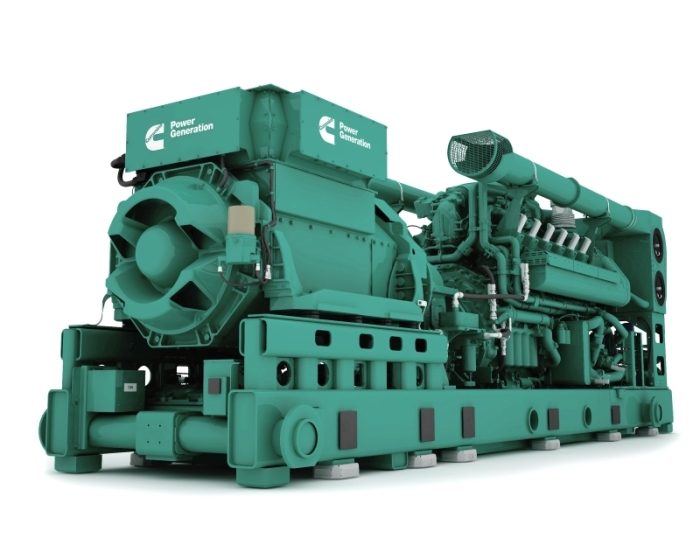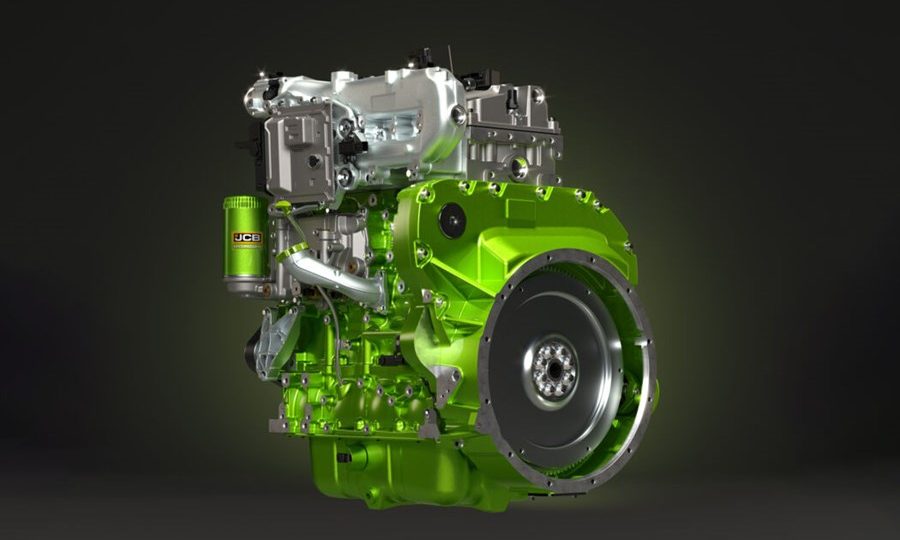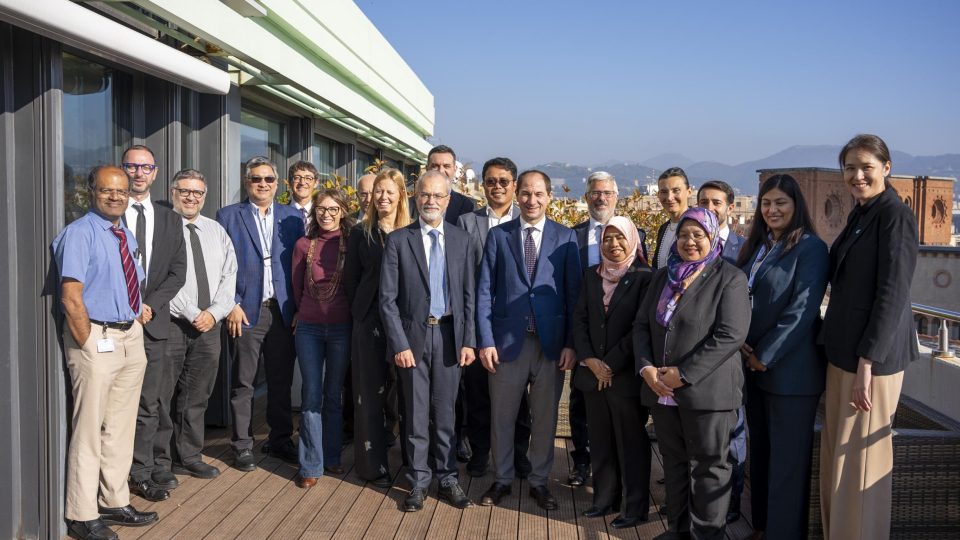Diesel Technology Forum: how diesel, natural gas, electric and gasoline power the USA’s fleets
A new analysis published by Diesel Technology Forum highlights the role of existing and emerging fuels and technologies in powering the nation’s commercial trucks, transit, and school buses fleets

A new analysis published by Diesel Technology Forum highlights the role of existing and emerging fuels and technologies in powering the USA’s commercial trucks, transit, and school buses fleets.
“It’s a very dynamic time for fuels, technology and mobility and it is important to understand which technologies are powering these sectors today to better inform our understanding and in making decisions about the future,” said Allen Schaeffer, Executive Director of the Diesel Technology Forum (DTF).
Diesel is the predominant technology in commercial trucking, school, and transit bus sectors, according to the Diesel Technology Forum’s analysis of data sourced from S&P Global Mobility.
Commercial trucks: 76% of the approximately 15 million commercial trucks that make up the nation’s fleet run on diesel power. Of those, the newest generation of advanced diesel technology models now account for 53% of that fleet. Other fuels that play a role in commercial trucking include gasoline (23%) and compressed natural gas (0.4%). Electric and other categories each register less than 1%. Of the largest trucks (Class 8) in operation, 97% are diesels. About 32% of all electric trucks nationwide are in California, where for every electric truck there are about 300 diesel trucks (all years, Classes 3-8).
Last year, Indiana had the largest amount of new generation diesel trucks registered (69.3%), followed by Utah (63.2%), Pennsylvania (62.8%), Texas (60.1%), Oklahoma (60.0%), Florida (59.1%), the District of Columbia (58.4%), Illinois (56.2%), Maryland (55.7%), and Wisconsin (55.5%).
For the largest commercial trucks (Class 8), 62.5% of diesels on the road are 2007 and newer which means they are equipped with at least a diesel particulate filter. For gasoline vehicles that make up about a quarter of all commercial trucks (Class 3-8), more than half (57.5%) of those in operation are 2007 and newer model years.
The significance of the model years (2007 and 2010 and later MY) relates to emissions standards and the introduction of new emissions controls such as particulate filters, oxidation catalysts, and selective catalytic reduction systems. This enables new diesel engines to achieve near-zero emissions with increasing fuel efficiency and lower carbon dioxide (CO2) emissions.
In previous research commissioned for DTF, AutoForecast Solutions found that increasing the number of advanced diesel technology trucks on the road will eliminate more than 1.3 billion metric tons of CO2 during this decade.
School Buses: 91% of the approximately 500,000 school buses run on diesel power. Other fuels that play a role in pupil transportation include gasoline (4%) and other fuels (5%). Electric and compressed natural gas each register less than 1%.
Of the diesel portion of the current school bus fleet, approximately 72% of all buses in operation have at least particulate trap technology and 58% are of the newest generation of advanced diesel technology equipped with both particulate filters and selective catalytic reduction systems.
Transit buses: 79% of all non-school (transit) buses in operation are powered by diesel, 10% compressed natural gas (CNG), electric (6%), other (5%) and gasoline (0.1%). The “other” category includes hybrid diesel electric as well as propane powered buses.
For the diesel portion of the current fleet, about 59% of transit buses are at least equipped with particulate trap technology and 47% are the newest generation of advanced diesel technology equipped with both particulate filters and selective catalytic reduction systems.
New Jersey is the state that added the most new generation diesel buses in 2021 (more than 300) compared to the previous year. Washington D.C. saw a 15.3% increase in number of new diesel buses put in service (2021 vs. 2020).
“Even as zero emission technologies emerge, there is a consensus that diesel technology will continue to dominate these sectors for decades. Diesel is the technology of choice in each of these sectors because it offers the best all-around set of advantages over other options. Diesel is proven, safe, efficient, reliable, durable, and economical. Established fueling, maintenance, and parts networks nationwide, as well as the well-documented secondary resale markets are other key differentiators of diesel technology. With today’s advanced diesel technology achieving near-zero emissions, and even further reductions anticipated, coupled with suitability for running on a wide range of low-carbon renewable biobased diesel fuels, all but ensures diesel’s role in the future,” says Schaeffer.









